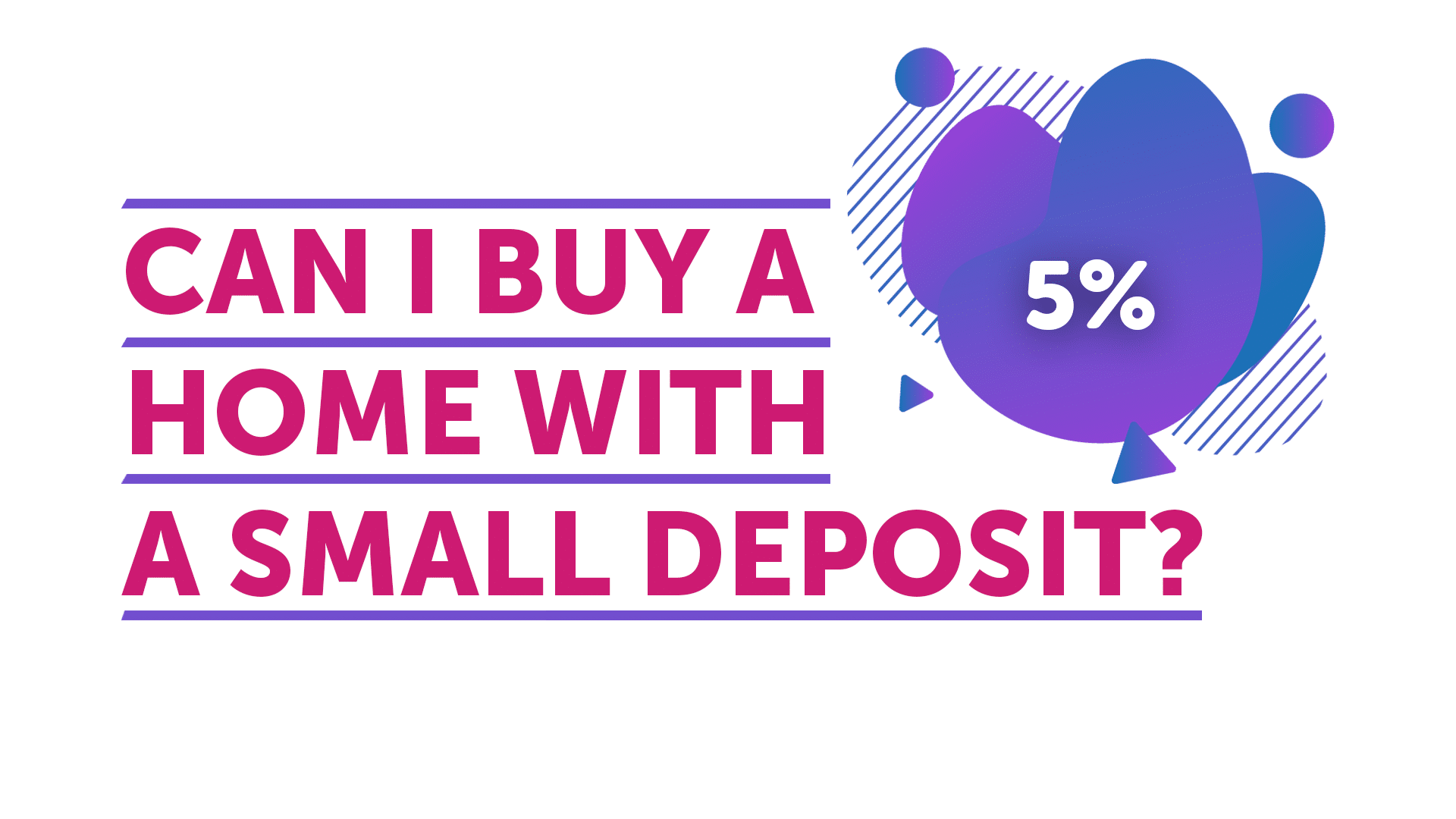Mortgage Calculator
Use our mortgage calculator to get an estimate of what you could borrow. Typically, you can borrow 4.5 times your income, however, there are some lenders that will borrow up to 6 times.

How Much Can I Borrow Calculator
Work out how much you can borrow by using our free mortgage calculator.
Realistically, the amount you could borrow will largely depend on your income. However, mortgage lenders will also consider any financial commitments you may have, including, age, credit score, property valuation, outstanding loans, credit cards or debts.
If you are a first time buyer in Birmingham who’s been declined by your bank but meet certain criteria, don’t worry. Our expert mortgage advisors in Birmingham can leverage their experience and knowledge of lending criteria to find a more suitable lender for you.
Income
Income plays a huge part on the amount you can borrow on a mortgage. If you are in a full-time job, lenders will look at your salary, overtime and bonus. Also, the length of time you have been with your employer and whether you are on a probationary period will have an impact. It’s also worth noting that a lender will usually ask for bank statements, dating back to around 3 months.
If you are self employed in Birmingham, the difference is evidence of your income. You will typically need to have been self employed for at least three years, as most lenders will ask to see evidence of that time frame. In some cases, there may be lenders who only need one or two years.
Credit Commitments
Along with car loans, other credit commitments considered when calculating how much you can borrow for a mortgage include child maintenance, school fees, outstanding credit card and personal loan balances.
Your Age
Age is another determining factor. An older applicant will have less years to repay the capital back over the term making the payments much more expensive per month which can make monthly payments unaffordable.
The good news is that whilst many homeowners and home buyers may think their options are limited, there are still plenty of options out there when it comes to mortgages for over 50s in Birmingham.
Credit Score
Your credit score impacts your ability to secure a mortgage by influencing the interest rates offered and determining the maximum loan amount you can borrow.
If you have bad credit, there are lenders that offer bad credit mortgages in Birmingham, these include CCJs, missed payments, and defaults. We have come across customers before who’ve got a history of bad credit from when they were younger, the good news is that we are usually able to find a lender that can help.
Property Valuation
The type and construction of property that you are buying will also determine the amount you can borrow on a mortgage in Birmingham.
As part of the application process, your lender will perform a valuation on your property to ensure it is worth what you are paying for it. If for any reason it gets down valued, the lender will reduce the amount it will borrow, you’ll then have the option to renegotiate with the vendor on the price or put more deposit down yourself.
The valuation may also recommend that a survey is carried out on the property, depending on the results of the survey, this can also have an impact on the amount you can borrow on a mortgage.
How big of a mortgage can I afford in Birmingham?
Typically, you will be able to borrow 4.5 times your income, however, some lenders will go up to 6 times depending on your situation.
A good place to start when budgeting for a mortgage is to do a basic budget planner so you have a good idea what your current and future income and outgoings will be and how much money you have left over per month.
Also, putting down a bigger deposit can help you secure a lower interest rate. For example, if you have a 5% deposit available, you’ll likely be paying a higher rate of interest than those with a 10% deposit. Mortgage deals are charged accordingly based on your risk profile; therefore, a bigger deposit reduces the risk thus they can offer a lower rate.
Date Last Edited: June 17, 2024















